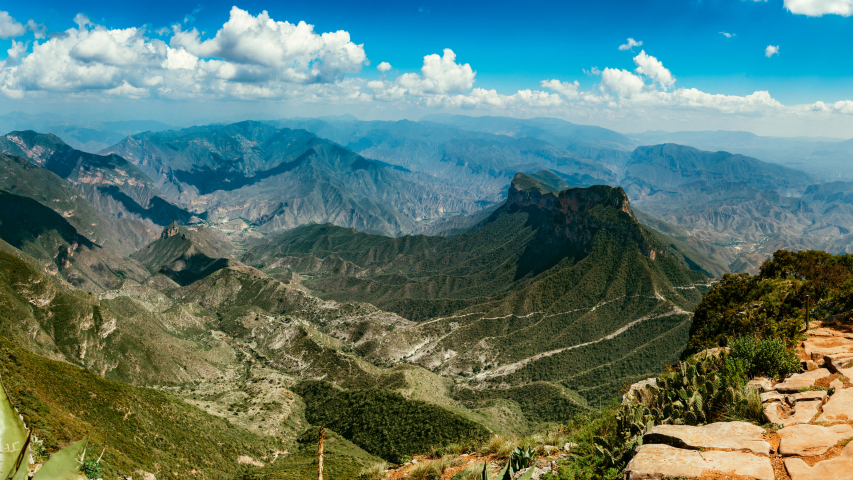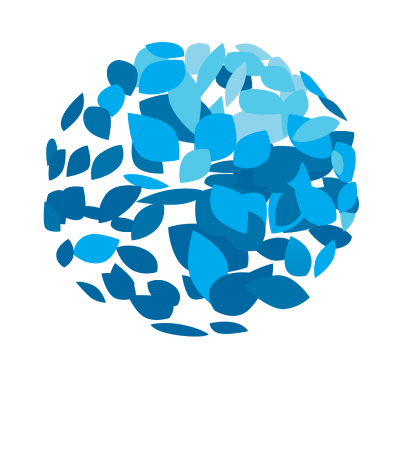In a first for North America, the UNESCO Biosphere of Sierra Gorda has become the first National Park in Mexico to join the EarthCheck Sustainable Destinations program.
Protected areas are an essential resource for conserving biodiversity. At present, approximately one-tenth of the world’s land surface is a protected area in some form. Bordering the states of Guanajuato, San Luis Potosí and Hidalgo, the Sierra Gorda of Querétaro is a shining jewel in the heart of Mexico. Extending across 384 thousand hectares, the Biosphere Reserve occupies 33 percent of the State of Querétaro and its strategic biogeographical position between the Arctic Neotropical and the Mesoamerican Mountain regions makes Sierra Gorda one of the most ecologically rich and diverse places in Mexico.

Image: © Grupo Ecológico Sierra Gorda: An inhabitant of the Sierra Gorda collects the vegetables produced in a sustainable project.
“Protected areas need tourism, and tourism needs protected areas. Though the relationship is complex and sometimes adversarial, tourism is always a critical component to consider in the establishment and management of protected areas.” – International Union for Conservation of Nature (IUCN)
The Secretary of Tourism of the Government of the State of Querétaro is providing leadership with local stakeholders and institutions that for many years have been working within the Sierra Gorda Biosphere Reserve. Their aim is to develop regional tourism that conserves the territory and its natural wealth through regenerative practices. Local landowners are expanding their capacity to participate in a conservation economy that values scenic beauty. This new service culture allows their product to be accessed via emerging niche markets.
The Sierra Gorda Alliance is a model of entrepreneurship and social participation in the Sierra Gorda. Their crucial role is in developing skill sets and economic value for the landowners whose forests provide environmental services, scenic beauty, and carbon and water capture. Together with various stakeholders, they work together to promote the destination as a living laboratory showcasing cultural and environmental practices.

Image: © Grupo Ecológico Sierra Gorda: Children in schools in Sierra Gorda, Queretaro, Mexico, learn to respect the environment in a classroom while enjoying some locally produced foods.
“EarthCheck certification is the key to creating a world-class sustainable destination with the support of public policies and programs that foster regenerative tourism. Our vision for the community is for minimal environmental impact, greater local community involvement, value for cultural knowledge and engagement with wider audiences.”
“Becoming an EarthCheck Certified destination will add value to the way in which we market Sierra Gorda as a sustainable destination,” said Martha Isabel “Pati” Ruiz Corzo, General Director, Grupo Ecológico Sierra Gorda I.A.P. (GESG).
“Working with EarthCheck will help us to monitor and improve sustainability and promote our achievements, as well as sharing our learnings with other leading destinations of the world,” she said.
Tourism provides an opportunity to explain park values, help tell the conservation story, support the local community and directly contribute to human welfare through the active recreation and cultural experiences that are being provided in the park.
“EarthCheck is delighted to be working with the Sierra Gorda Alliance and to support the excellent work they have done to transform the region into a role model for sustainable resource use. Pati is a true champion, and we feel honoured to be working with her team to support the livelihoods of disadvantaged rural communities and helping to secure the protection of the wider ecosystem.” Said Stewart Moore, CEO and Founder, EarthCheck.
The EarthCheck Sustainable Destinations Program is a worldwide network of destinations that aim to achieve world-leading sustainability outcomes. Supported by the EarthCheck benchmarking, certification and performance improvement system, the program uses EarthCheck science to tackle environmental and social problems such as climate change, waste reduction and non-renewable resource management.







